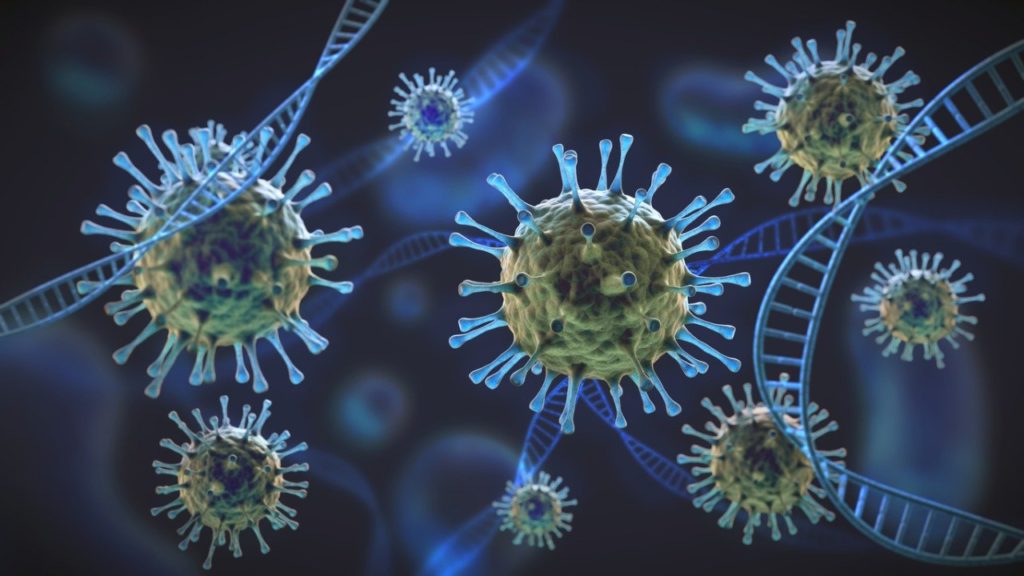Experts have uncovered another mutation, this one even more hazardous — the Delta Plus — just as India was breathing a sigh of relief that the second wave was nearly ended. Since the coronavirus first appeared in the world in 2019, the virus has been evolving at a rapid pace. There is a long list of novel varieties; Delta Plus, a mutant version of the Delta Covid strain first discovered in India, has now been identified as a virulent variety. People have been warned about it by the Union Ministry of Health and Family Welfare (MoHFW), which has labelled it a “variant of concern.”Maharashtra, Kerala, and Madhya Pradesh have all reported cases of the new variety. The health ministry has advised these three states to increase containment efforts in the impacted areas. Aside from Punjab, Tamil Nadu, and Andhra Pradesh, the novel mutant has been discovered in Punjab, Tamil Nadu, and Andhra Pradesh. Apart from India, the Delta Plus version has been found in over 80 nations, including the United States, the United Kingdom, Portugal, Switzerland, Japan, Nepal, Poland, China, and Russia.
What is Delta Plus?
Delta Plus (B.1.617.2.1/(AY.1) is a novel mutant strain of the Delta variety of SARS-CoV-2 that has arisen as a new threat, particularly in India. It is the next generation of the SARS-COV-2 virus. The Delta variety, which was first discovered in India, finally became a major global issue. The Delta Plus variety, on the other hand, is now limited to smaller portions of the country. This Delta mutant was initially discovered in Europe in March 2021, but it wasn’t until June 13 that it was discovered in the United States. Experts believe that the Delta Plus variety has increased transmissibility, while further research is needed.
What is known so far about this virus?
- A mutation in the Delta or B.1.617.2 variation resulted in the formation of the new Delta plus variant. Delta Plus (AY.1) is resistant to a mixture of monoclonal antibodies. Its severity is unknown because it is a new variation.
- To yet, the GISAID (global science initiative) has found 63 Delta (B.1.617.2) genomes harbouring the novel K417N mutation.
- The mutation is in SARS-spike COV-2’s protein, which aids the virus’s entry and infection of human cells.
- The acquisition of the K417N mutation characterises one of the developing types, B.1.617.2.1 or AY.1.
As of June 7, Delta plus was found in six Indian genomes, according to Public Health England (PHE). - At this time, there isn’t much of a variant frequency for K417N in India.
- The majority of the sequences are from North America, Europe, and Asia.
- In late March of this year, the oldest sequencing of this genome was discovered in Europe.
- Symptoms: headaches, sore throats, runny noses, and fever.
Will vaccines be effective?
Delta plus may have a comparable potential to elude immunity and diminish the effect of monoclonal antibody therapy used to treat Covid-19, according to the health ministry.
The mutation is concerning because it affects a crucial part of the virus, the spike protein, which is responsible for the virus’s ability to infiltrate human cells.
Previous changes have occurred in the spike protein’s “receptor binding domain,” which permits the virus to adhere to receptors in our cells.
The Delta variant’s specific mutations allow the virus to evade the immune system to some extent. Delta has been demonstrated to impair the efficacy of vaccines to some extent. As a result, a single vaccine dosage may provide insufficient protection.
A second dose, on the other hand, has been demonstrated to develop sufficient antibodies to protect against symptomatic infection and severe illness. It’s vital to understand that most Covid-19 vaccinations don’t confer 100% sterilising immunity; instead, they serve to lower the disease’s severity.
What should we do?
Variants with higher transmissibility and the ability to evade antibodies are a threat to pandemic control and mitigation efforts. New outbreaks may occur in nations with poor immunisation rates.
What changes should we make in our approach? Despite the mutations, no additional precautions are required. We must continue to vaccinate as many individuals as possible, increase genomic surveillance to track the virus’ evolution, and act in a Covid-appropriate manner.


